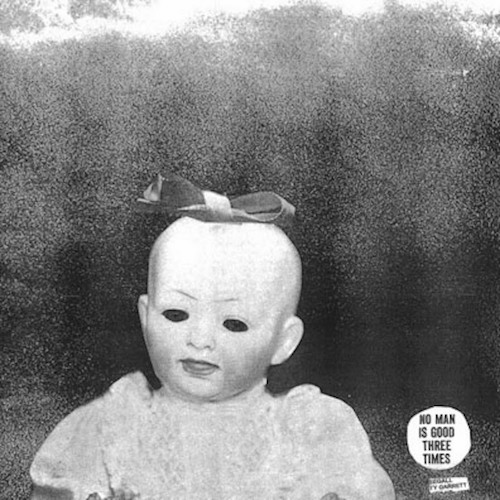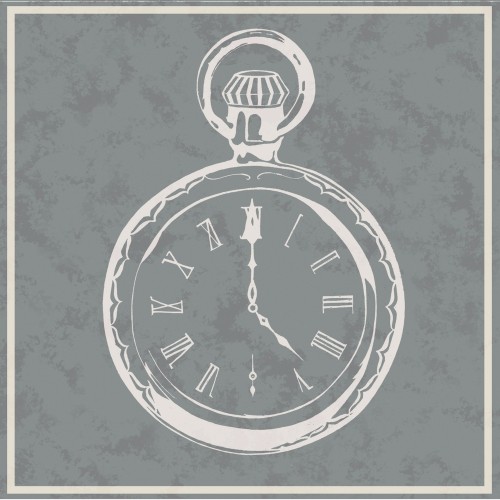 Release Date: March 29, 2011
Release Date: March 29, 2011





Electronica is an increasingly difficult genre to pin down. On one hand, it’s brilliant for its use of other styles in samples. But conversely, the repetitive nature of the songs makes staying power hard to come by.
Mind Bokeh, the latest album from British producer Bibio, is an example of how there is still much uncharted territory in electronica. Using few voice samples while incorporating studio instruments and original songwriting, the album steers clear of the rehashed Girl Talk garbage that has come to be an acceptable definition of the genre.
The amount of musical ground covered on the album is nothing short of astonishing. But what is even more impressive than the diversity on Mind Bokeh is the fluidity in which Bibio presents it.
“Light Sleep” is a relentlessly funky track that sounds like it could be on the “Shaft” soundtrack. The tin can vocals, effects-laden guitar and smooth, clear bass line flow perfectly, but never venture from the initial lick. Only when the keyboard comes in is the listener reminded that this is supposed to be an electronica album.
But pinning Mind Bokeh down to one genre doesn’t do it justice. It’s a meticulously thought-out and precisely devised album, flowing with seamless ease from start to finish. The songs themselves aren’t mind-blowing by any means. But their arrangement and distinctly different qualities from each another make the album greater than the sum of its parts.
Allmusic.com classifies the album as “electronic.” This is not only lazy, but unfair to Bibio and his work. Everything on the album, from the most basic drumbeat to the intricate guitar work was deliberate, and for it to be so narrowly categorized is damn near criminal.
“More Excuses” features a monotone vocal track, professing loneliness and regret, accompanied by a mellow acoustic guitar and handclapping, set to a loop. But as it progresses, the song morphs into a synthesizer-ridden epic. What’s unusual, though, is how the mood doesn’t change. The essence of the initial acoustic guitar translates perfectly into the studio-crafted half of the song.
The song is a very accurate representation of the album as a whole; while the spirit and roots of electronica are present throughout, Bibio’s knowledge of music and desire to branch out and feature other styles are still recognizable.
Developments in music production make the use of electronic equipment unavoidable. But what sets artists apart is their ability to use those advances to their advantage without being overridden by them. Bibio—being a producer—obviously understands this concept.
He’s not different because of his knowledge and expertise in the field. His difference is in his approach. Many artists start by pigeonholing themselves in one genre, then use production techniques to differentiate themselves, often resulting in monotony. But Bibio started using those techniques—albeit to a more advanced degree—and then expanded his outlook to included more diverse musical styles.
A valuable lesson can be taken from Mind Bokeh: If an artist doesn’t embrace digital music advances, at least to an extent, their attempt to make something truly original will be greatly hindered.
Bibio – Mind Bokeh Tracklist:
- “Excuses”
- “Pretentious”
- “Anything New”
- “Wake Up!”
- “Light Seep”
- “Take off Your Shirt”
- “Artists’ Valley”
- “K Is for Kelson”
- “Mind Bokeh”
- “More Excuses”
- “Feminine Eye”
- “Saint Christopher”


